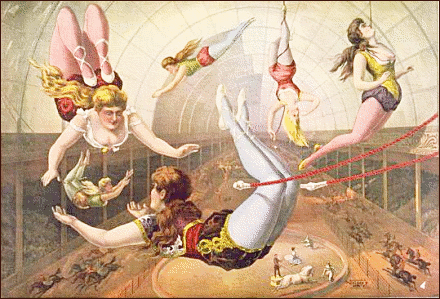 When I read in the newspaper about yet another story of corporate corruption and greed, it makes me angry and upset. Sometimes, I feel hopeless. But other times, I remember that old saying, don’t get mad, get even.
When I read in the newspaper about yet another story of corporate corruption and greed, it makes me angry and upset. Sometimes, I feel hopeless. But other times, I remember that old saying, don’t get mad, get even.
I remember that I can vote with my dollars.
It wasn’t until I was in my 20s that I realized that by living in the United States, I was living in a capitalistic system.
Years later, I realized that within a capitalistic system, voting with your dollars is one of the most powerful tools for change.
The Free Dictionary defines capitalism as “an economic system based on the private ownership of the means of production, distribution, and exchange, characterized by the freedom of capitalists to operate or manage their property for profit in competitive conditions.”
Most of the time, we have the freedom to choose what we want to buy and from whom. That is power.
When I read about banks or corporations that steal from their customers but their executives still get paid millions of dollars and don’t have to go to prison for their crimes, I vow to not put my money into that bank or corporation.
When the employees of a store treat me badly, or I read that they treat other customers or employees badly, I will complain to the management and then I will not shop at that store until I hear that things have changed for the better.
When I feel valued and well served by the employees in a shop, I will go back to that shop over and over again. When I find a product or service that is of excellent quality and value, it feels natural to tell all my friends about it. When I read about a company that treats its employees well and pays them fair wages and benefits, I want to support that company with my dollars. I will choose them over another company even if they charge more for their goods or services.
There’s so much in this world that we can’t control. That’s life. But since becoming Super Frug, I’ve realized that I can control where I spend my money.
It takes more time and effort to vote with your dollars, but every time I do it, I feel like I am doing my part–a small but important part–in creating a better world.
ps. Pile of cash photo by Talia Felix.

 Follow
Follow

